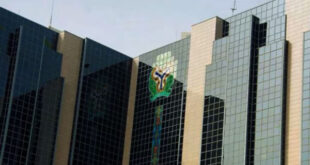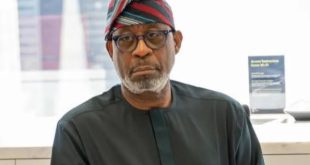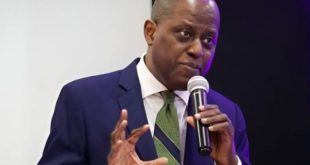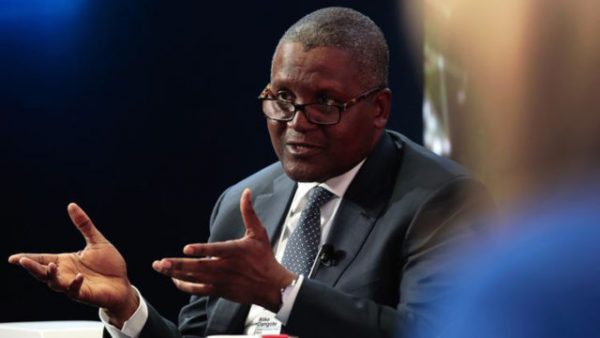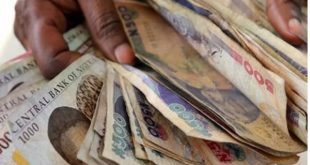Nigeria’s

external reserves fell by 2.65 per cent to $26.42bn on May 27, the Central Bank of Nigeria statistics showed on Tuesday.

The reserves stood at $27.15bn a month ago.
The foreign exchange reserves have dropped by over 10 per cent from last year when they were at $29.7bn.

The global plunge in oil prices has caused the reserves to be depleting very fast. The development has forced the CBN to introduce foreign exchange controls, which have frustrated businesses and caused the economy to contract.

The CBN’s Monetary Policy Committee had last Tuesday announced plans to adopt a flexible exchange rate policy as the external reserves fell to $26.56bn as of May 23.
Investors, businesses and stakeholders in the economy are passionately awaiting the details of this plan, which the CBN hopes to release soon.
The external reserves had lost over $2bn dollar this year.
Nigeria recorded a balance of payments deficit of 1.4 per cent in its Gross Domestic Product at the end of 2015, owing largely to its first current account deficit (three per cent of the GDP) in over a decade.
As a result, external reserves dropped by $6bn to $28.4bn in December 2015, Moody’s Rating said in a report recently.
Analysts said the CBN’s decision not to devalue the naira had led to the sharp drop in the external reserves.
But they lauded the MPC’s plan to adopt a flexible exchange rate policy, noting that the move would help to boost forex inflow into the country.
An economist and Chief Executive Officer, Financial Derivatives Company Limited, Mr. Bismarck Rewane, who hailed the MPC’s decision on the exchange rate policy, said adopting flexible exchange rate policy would eliminate the fears foreign investors nursed about the Nigeria’s forex policy.
According to him, the decision may make the naira to depreciate initially but it will find its equilibrium price against the dollar and other major currencies over time.
Rewane said, “The CBN has finally come to terms with economic reality. This is what we have been talking about in the last one year – a managed floating exchange rate regime.”
He added, “This is what we need. It will bring in transparency to the forex market; eliminate the fears investors have been nursing about devaluation and encourage inflow of forex into the country.”
Another economic analyst and Head, Investment Advisory, Sterling Capital, Mr. Sewa Wusu, who also hailed the MPC decision, said, “The muted economic growth was traceable to structural issues such as scarcity of forex and fuel. The MPC’s latest decision on the exchange rate will help stimulate growth. It is a right move.”
 MMS PLUS NG – Maritime, Aviation, Business, Oil and Gas News Online Newspaper with coverage in Maritime, Oil and Gas, Aviation, Power and Energy as well as Financial News
MMS PLUS NG – Maritime, Aviation, Business, Oil and Gas News Online Newspaper with coverage in Maritime, Oil and Gas, Aviation, Power and Energy as well as Financial News



